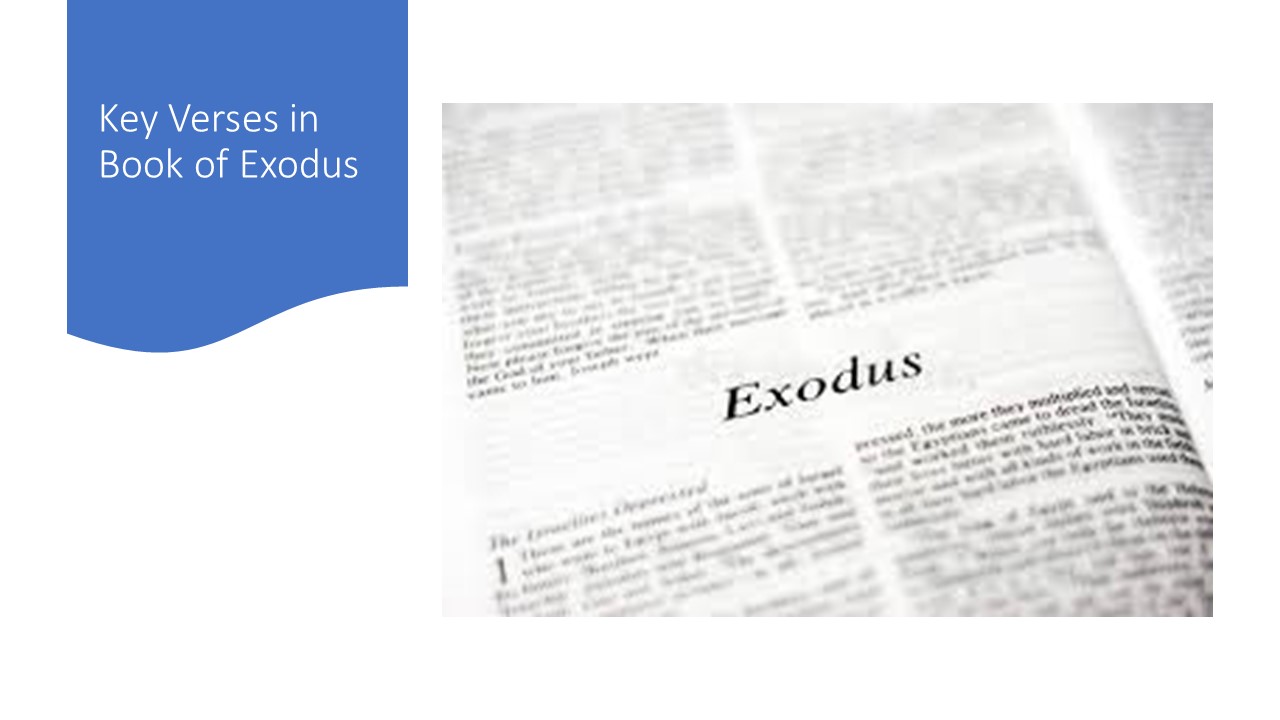The boast of Lamech in Genesis 4:23-24 marks a chilling moment in the evolution of human sin: the normalization and glorification of violence. Whereas Cain committed murder out of rage and guilt, Lamech kills out of pride, boasting about his vengeance and declaring himself above justice. His declaration reflects a society where power is measured by brutality, where violence is no longer a last resort but a source of honor. This passage reveals the dangers of human civilization advancing technologically but regressing morally, as Lamech’s own son, Tubal-Cain, is credited with forging metal tools that could be used for both productivity and warfare. The passage warns us of the consequences of sin when it becomes embedded in culture—without moral restraint, violence becomes self-perpetuating, spiraling into a destructive cycle of revenge.
This cycle of escalating vengeance and unchecked pride is still seen in the world today—whether in personal relationships, political conflicts, or global disputes. The spirit of Lamech thrives wherever people justify retaliation, where pride fuels division, and where justice is twisted into a license for destruction. Lamech’s distorted version of justice turns God’s original protection of Cain into an exponential justification for revenge, mirroring humanity’s tendency to inflate retribution rather than pursue peace. Yet, throughout Scripture, God repeatedly intervenes to curb human violence and call people back to mercy. The prophets warned against cycles of revenge, the Law provided limits to retaliation, and ultimately, Jesus introduced a radically different way of responding to injustice.
Jesus directly counters Lamech’s philosophy in Matthew 5:38-39, rejecting the principle of vengeance and calling His followers to “turn the other cheek.” He reverses the escalation of violence by commanding seventy-sevenfold forgiveness instead of seventy-sevenfold revenge (Matthew 18:22). Christ’s life and sacrifice demonstrate that true strength is found not in dominating others but in breaking the chains of hatred through love and grace. His call to peacemaking is not passive—it actively resists evil, but through redemptive means rather than destruction. As followers of Christ, we are challenged to reject the culture of retaliation and instead cultivate forgiveness, reconciliation, and justice that restores rather than destroys. Through the power of the Holy Spirit, we can live out a new song—not one of the sword, but of redemption.

Pontius Pilate was the Roman governor of Judea from A.D. 26-36, serving under Emperor Tiberius. He is most known for his involvement in condemning...

What are some verses in Exodus that we ought to memorize? Scriptures referenced include Galatians 3:29 and more than 20 different verses in Exodus....

In Part 5 of The Disciple Whom Jesus Loves, the story picks up as Jesus and His newly gathered disciples journey to Jerusalem after...